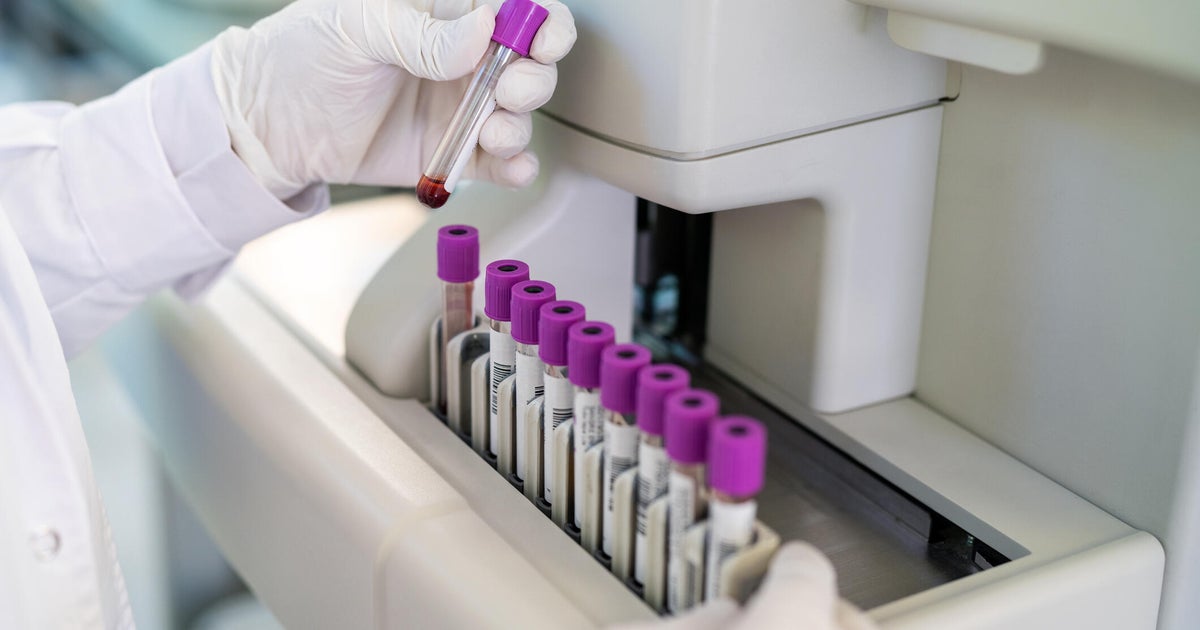FDA Approves First Blood Test for Alzheimer’s Diagnosis
The FDA has approved a blood test to help diagnose Alzheimer’s in patients over 55, marking a milestone in cognitive health.
Subscribe to unlock this story
We really don't like cutting you off, but you've reached your monthly limit. At just $5/month, subscriptions are how we keep this project going. Start your free 7-day trial today!
Get StartedHave an account? Sign in
Overview
The FDA has endorsed the Lumipulse blood test from Fujirebio Diagnostics, Inc. for diagnosing Alzheimer’s disease in individuals over 55 with cognitive decline. This first-ever blood test identifies beta-amyloid plaques linked to Alzheimer’s, offering a less invasive and more cost-effective alternative to costly PET scans and spinal fluid tests. This approval supports early intervention with new treatments like Leqembi and Kisunla, which can modestly slow disease progression. Dr. Michelle Tarver from the FDA emphasized the test’s potential for improving patient access to timely diagnosis and appropriate treatment.
Report issue

Read both sides in 5 minutes each day
Analysis
- The FDA has cleared the first blood test for Alzheimer’s disease, making early diagnosis more accessible and potentially beneficial for patient treatment.
Articles (4)
Center (2)
FAQ
The blood test approved by the FDA is called the Lumipulse G pTau217/ß-Amyloid 1-42 Plasma Ratio.
The Lumipulse G blood test was developed by Fujirebio Diagnostics, Inc.
The test is intended for adults aged 55 and older who are showing signs of cognitive decline.
The test offers a less invasive alternative to PET scans and spinal fluid tests, providing a more accessible and potentially cost-effective option for diagnosing Alzheimer's.
History
- This story does not have any previous versions.


